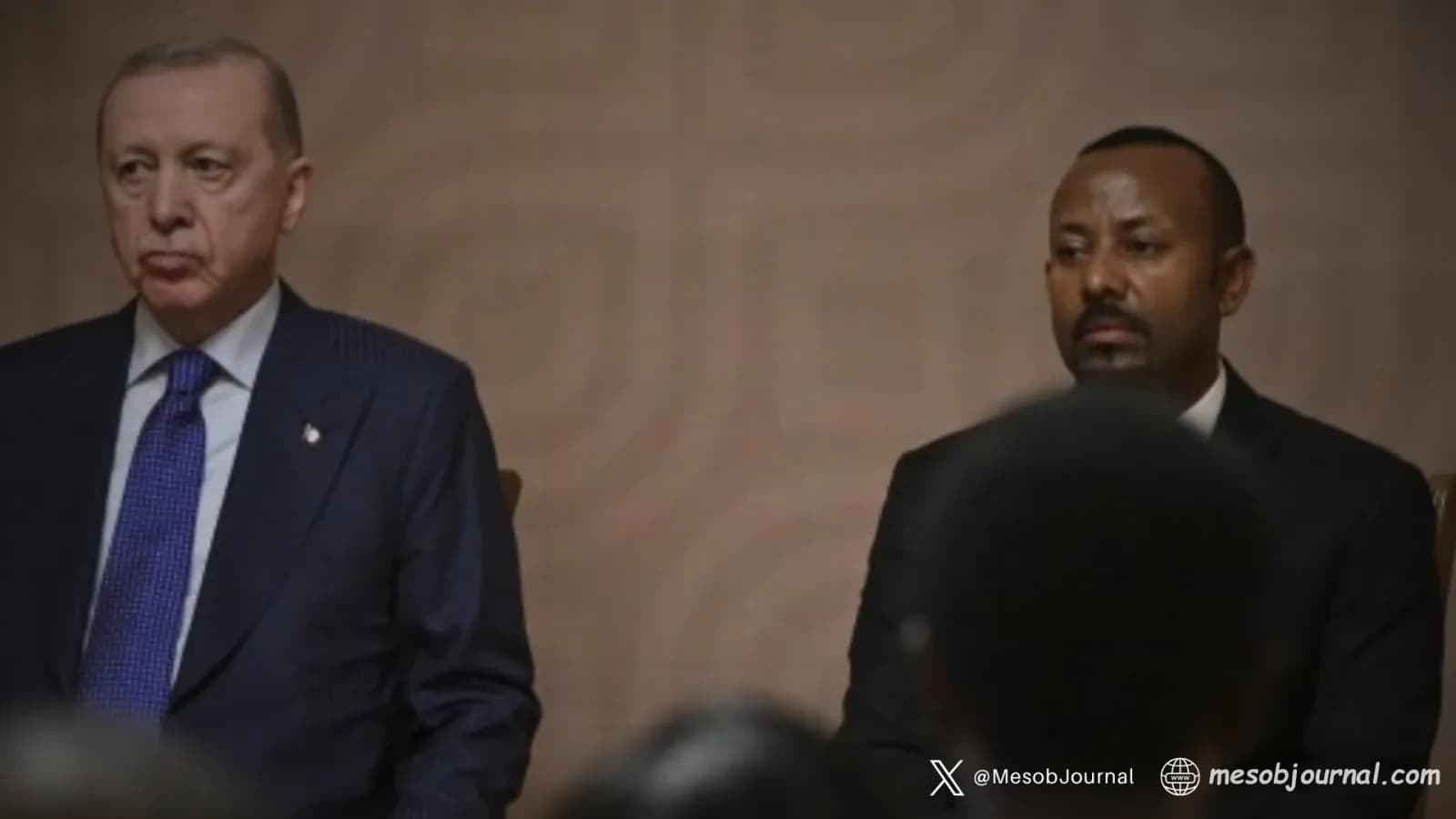Sudan: RSF leader lashes out at enemies, warns neighbours

In an 18-minute video address released on Tuesday, Rapid Support Forces (RSF) commander Mohamed “Hemedti” Dagalo delivered one of his angriest speeches since Sudan’s civil war began in April 2023 — a tirade that revealed as much about his frustration as his strategy.
Seated indoors, visibly drained and defensive, Hemedti spoke into the camera flanked by the RSF banner, his voice cracking between grief and fury. He denounced what he called “ethnic cleansing” of Darfuri tribes, accused the army of “Islamist infiltration,” and promised vengeance for slain tribal leaders. But his most alarming line came near the end:
“Any aircraft or drone that takes off from a neighbouring country’s airport and strikes Sudan will be treated as a legitimate target.”
The remark raised concerns among observers, effectively threatening cross-border retaliation — a dangerous escalation at a moment when the RSF is under military, financial, and diplomatic strain.
The speech of a cornered man
Hemedti’s recorded address mixed battlefield grief with political invective. He praised fallen RSF fighters and “traditional leaders” while accusing the army of waging a campaign to erase entire tribes — a claim impossible to verify independently. Analysts said the tone suggested an embattled commander attempting to maintain morale after recent RSF losses in central and western Sudan, where pro-army forces have regained parts of North Kordofan and Omdurman.
His angry denunciation of Sudan’s armed forces as “the Islamic Movement’s army” and his call to “eradicate this cancer” underscored how deeply sectarian and personal the war narrative has become.
The UAE connection — patron turned predicament
For years, the RSF’s external backer has been the United Arab Emirates. Through gold trading networks and alleged military logistics, Abu Dhabi became a silent stakeholder in Hemedti’s war economy. But as international scrutiny mounts, the relationship is turning from asset to liability.
Recent U.S. and U.N. reports cite evidence that RSF-linked gold and weapons routes run through UAE intermediaries — a charge the Emiratis deny but can no longer ignore. Under pressure, Abu Dhabi has quietly slowed financial channels once friendly to RSF-connected traders, leaving Hemedti scrambling for cash and legitimacy.
His latest outburst, sources suggest, was partly aimed at warning Gulf patrons not to distance themselves — a message cloaked as defiance but delivered in visible anxiety.
The regional alarm
The cross-border threat was the speech’s most dangerous turn. By declaring any aircraft departing from neighbouring airfields a potential “legitimate target,” Hemedti effectively placed parts of Egypt, Libya, Chad, South Sudan and Eritrea within his rhetorical firing range.
Regional observers called it reckless. With drones and logistics already flowing across porous borders, even one misinterpreted strike could trigger regional confrontation. Humanitarian agencies warned that such talk endangers civilian flights and aid operations already strained by the conflict.
A war losing meaning
The RSF once presented itself as the guardian of “revolutionary justice.” Two years later, that narrative has collapsed under reports of mass killings, displacement, and citywide destruction. Hemedti’s video felt less like a declaration of confidence than a survival plea — urging supporters to keep faith while portraying himself as Sudan’s last shield against “Islamist conspiracies.”
But the battlefield tells a harsher story. RSF units are overstretched, supplies uncertain, and international condemnation growing. The speech’s defiant tone could not hide that fatigue.
The takeaway
Hemedti’s latest appearance was more than a propaganda moment — it was a window into the mindset of a commander feeling his grip slip. His rhetoric about foreign airfields marked a new low in political desperation, transforming local conflict rhetoric into regional menace.
As an old African proverb reminds us: “When a man starts threatening the sky, it means he’s lost the ground beneath him.”
Related stories

Erdogan in Addis: sovereignty first as Abiy beats sea-access drum
Abiy Ahmed tried to stage the usual Addis photo-op when Turkey’s President Recep Tayyip Erdoğan arrived. But the camera caught something different: a stiff, guarded prime minister sitting beside a visitor who didn’t look like he came for flattery. What played out at the joint app

Sudan envoy praises Eritrea ties as “partnership beyond geography”
Sudan’s ambassador to Eritrea, Osman Ahmed Abdul Bari , has used a letter published Thursday by Eritrea’s Ministry of Information website Shabait to cast Sudan–Eritrea relations as a “firm partnership” shaped by shared history, borderland ties, and converging views on sovereig

A Brief Understanding of South Sudan: Not a Forgotten Conflict but a Neglected One
South Sudan, the world's youngest nation, is teetering on the brink of a devastating return to full-scale war. While international attention is often diverted, the country is experiencing a severe political, humanitarian, and security crisis, fuelled by a collapsing peace deal, v

Abiy Ahmed’s Strategic Isolation Is Now in Writing
What Addis Ababa has spent two years denying is now staring it in the face—on White House letterhead. The January 16 letter from Donald Trump to Abdel Fattah el-Sisi isn’t just about mediation. It’s a signal. Clear, deliberate, and consequential. Washington is aligning itself

